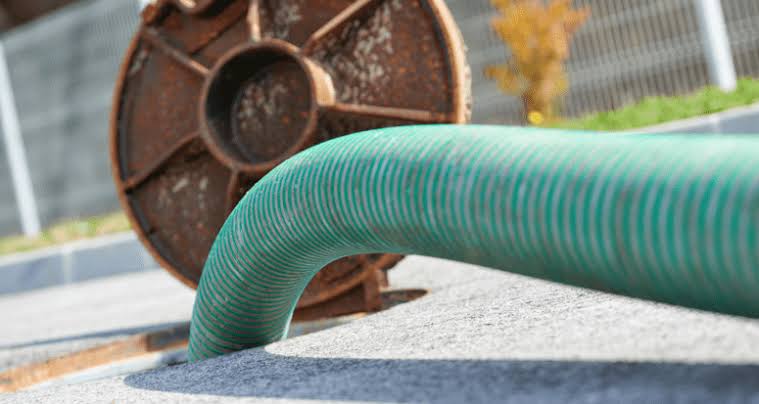Factors Affecting Frequency Of Septic Tank Pumping In Los Angeles
3 min read
Septic systems are a common wastewater treatment solution for homes in Los Angeles that are not connected to municipal sewer lines. These systems consist of underground tanks that collect and treat household wastewater before releasing it into the soil. Proper maintenance, including regular septic tank pumping, is important for ensuring the longevity and efficiency of these systems. However, the frequency at which a septic tank needs to be pumped can vary depending on several factors specific to the property and its usage. In Los Angeles, where environmental conditions and regulations may differ from other areas, understanding these factors is essential for homeowners to avoid potential issues with their septic systems.
Household Size And Usage
One of the primary factors that influence the frequency of septic tank pumping Los Angeles is the size of the household and how much wastewater it generates. Larger households with more occupants typically produce more wastewater, leading to faster filling of the septic tank. Additionally, the usage patterns within the household can affect the frequency of pumping. For example, homes with frequent laundry loads, dishwashing, or excessive water usage may require more frequent pumping compared to those with lower water consumption.
Tank Size And Design
The septic tank’s size and design are major factors in deciding how frequently it has to be pumped. Larger tanks have a greater capacity to hold wastewater, which means they can go longer between pumpings compared to smaller tanks. Similarly, the design of the tank, including its shape and the presence of baffles or compartments, can affect how effectively solids are separated and retained within the tank. Well-designed tanks with efficient separation mechanisms may require less frequent pumping than poorly designed ones.
Soil Type And Drainage
The type of soil on the property and its drainage characteristics can impact the frequency of septic tank pumping. In Los Angeles, where soil conditions can vary widely from sandy to clayey, some soils may drain more quickly than others. Properties with fast-draining soils may require more frequent pumping as wastewater moves through the soil more rapidly, increasing the risk of saturation and system failure. Conversely, properties with slow-draining soils may experience slower wastewater movement, allowing more time for natural treatment processes to occur within the soil, potentially extending the time between pumpings.
Water Conservation Practices
Water conservation practices implemented by homeowners can affect the frequency of Los Angeles septic pumping. Conserving water reduces the volume of wastewater entering the septic system, which can help extend the time between pumpings. Simple actions like leak detection and repair, low-flow fixture installation, and the use of water-efficient appliances may all help cut down on water use and, in turn, the frequency of septic tank maintenance.
Chemical Usage
Chemicals found in antibacterial soaps, bleach, and strong drain cleaners are examples of home cleaning items that might affect the microbial equilibrium in a septic tank. Overuse of these compounds can interfere with the biological processes that normally break down organic debris, which might cause solids to build up and fill up more quickly. Homeowners in Los Angeles should be mindful of the types and quantities of chemicals they use and opt for environmentally friendly alternatives whenever possible to minimize the need for frequent septic tank pumping.
Local Regulations And Guidelines
Septic tank pumping frequency in Los Angeles may also be impacted by rules and regulations issued by local government bodies. These regulations may specify minimum requirements for septic system maintenance, including how often tanks should be pumped and inspected. Homeowners should familiarize themselves with these regulations and ensure compliance to avoid penalties and potential environmental hazards associated with neglected septic systems.
Conclusion
Several factors affect the frequency at which Los Angeles septic systems need to be pumped, such as household size, usage of the system, tank dimensions and design, soil types, and drainage characteristics. Other factors include water conservation techniques, chemical usage, local regulations, and other local regulations. Understanding and maintaining septic systems can help homeowners ensure their system’s performance and longevity while reducing the risk of costly repair and environmental damage. Regular inspections by septic professionals will allow homeowners to develop a pumping routine that suits their individual needs.




